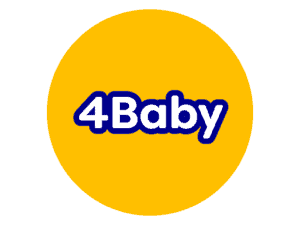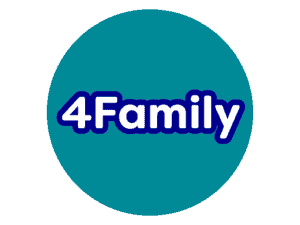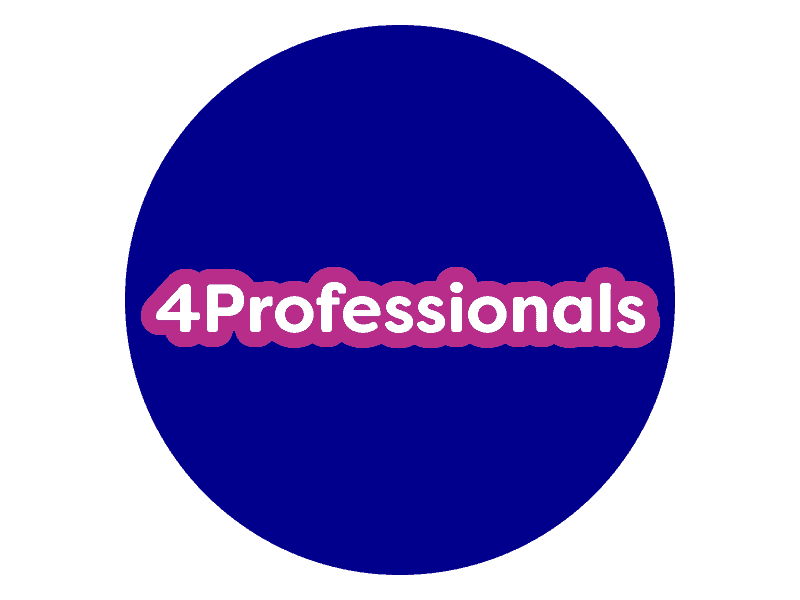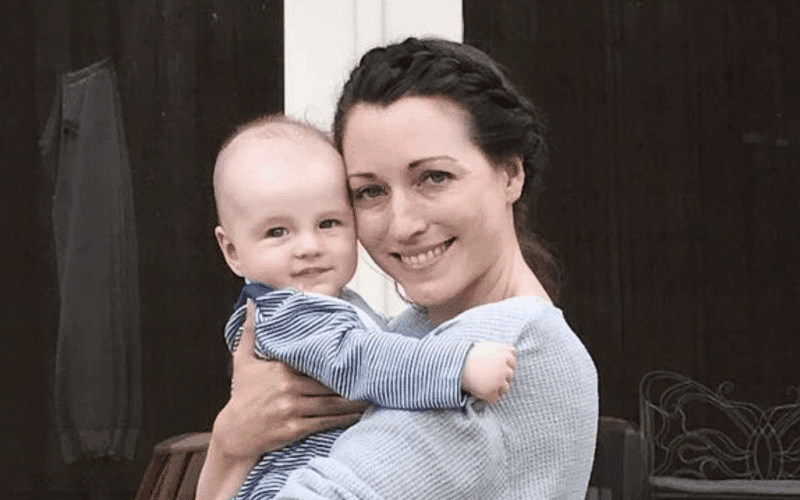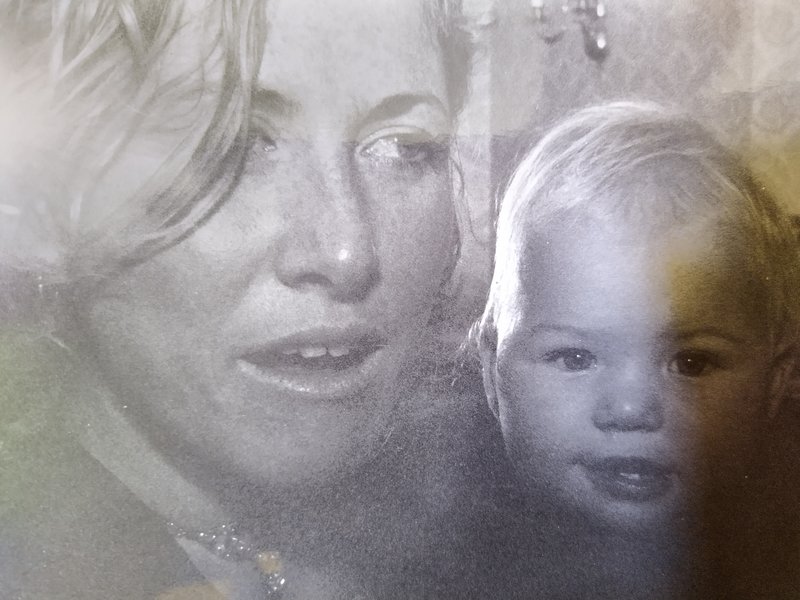The first fortnight; simple rhythms (part 1 of 4)
Natalie Meddings – Doula and Yogabirth Teacher
Author of How to Have a Baby and Why Home Birth Matters
www.tellmeagoodbirthstory.com
Summary
Every single day, thousands of babies are born. Every single day, huge numbers of people become parents. Logically at least, how to care for a newborn should be common knowledge, if not a blueprint. You’d think most of us would have a rough draft in mind of how the first fortnight is likely to feel.
Yet few do. The first days aren’t just uncharted, there’s an unfamiliarity people aren’t even expecting. ‘We don’t know what we don’t know,’ says Sheena Byrom about the way we approach birth now. And the same can be said for when the baby is here. Feeling unprepared is common.
The source point is a lack of ordinary support and close community, parents having little first-hand experience of new babies, nor anyone around them having any either. Add in commercial and media messages showing only the chubby, smiling version of a baby (these are six months old) or motherhood presenting nothing more challenging than a nappy-change, and you can see why being realistically ready for a newborn is rare.
This is where these articles come in. If you are pregnant for the first time, I want to help you to get a picture of it all, the first minutes, the first night; some of what those first fourteen days will bring. And by doing so, to swap uncertainty for acceptance, self-doubt for some motherly peace of mind:
Part 1 – The first fortnight; simple rhythms – this article
Part 2 – The first fortnight; make yourself a priority
Part 3 – The first fortnight; the first greeting and night at home
Part 4 – The first fortnight; old habits and new alternatives
 A newborn baby arrives unfinished. Though physically equipped, their hormone, immune and nervous systems still need to integrate; vital gut and brain development have to finetune. Human beings are designed to adapt to the environment they arrive in and a baby requires those they first meet to help.
A newborn baby arrives unfinished. Though physically equipped, their hormone, immune and nervous systems still need to integrate; vital gut and brain development have to finetune. Human beings are designed to adapt to the environment they arrive in and a baby requires those they first meet to help.
A warm, reassuring welcome is what they want; a chance to attach. With attachment comes belonging; with belonging, safety. Comforted and secure, the baby can begin their job of moving into their body and becoming themselves.
‘The baby is an interactive project not a self-powered one’ says neuro-psychologist Sue Gerhardt in her book Why Love Matters. ‘The baby human has various systems ready to go, but many more are incomplete and will only develop in response to human input. A new baby is trying to work out what normal is, to coordinate his system with those of the people around him. Physiologically, the human baby is still very much part of the mother’s body.
Nowadays, the concept of the fourth trimester – the understanding that the first three months presents a period of adjustment – is well known. Even so, your baby’s
smallness and dependence may come as a surprise. Limbs are drawn in and up; their back is still curved in the shape of your tummy; they squirm, squeak and cry for apparently no reason. On the face of it, your baby may seem a helpless bundle of reflexes.
But though their eyes will be closed a lot, and each day defined by a simple, repeating cycle of sleeping and feeding, a new baby is super-sentient. The shift from womb to world brings a rush of information and sensation – bright light, space, weight, respiration, separation. There’s a lot to take in and on which is why they seek what’s familiar – YOU – to help them process it all.
The warmth and smell of your skin, the sound of your heartbeat, rhythmic sucking, all of this provides security as they acclimatise. So, if you find yourself wondering why your baby won’t be put down, see it from their side. Consider how strange silence and stillness must feel given that for nine months they’ve been constantly comfortable and continuously provided for. Learning to manage for themselves takes time. They are literally gathering instructions for living – meaning first and frequent requests for reassurance and comfort are natural and appropriate.
The same applies to you. You have also undergone a huge shift. You are equally adjusting to seismic change. Not least, the intense sense of custodianship – a feeling nothing and no one can prepare you for. We think we know we are having a baby, but it’s not until they are right there, in our arms, that the deep, dizzying sense of what that really means dawns. And then there’s the concentrating – the suddenly undivided physical, mental and emotional attention you now need to devote.
When a baby arrives, two people are born goes an old Indian saying, the child and the mother. So, keep this in mind, that just like your baby, you are also vulnerable in this first fortnight. You also need comfort, simple rhythms and support as you reorient to your new set of circumstances.
Links to birth repository resources
 Books
Books
The First Year of Parenting by Amy Brown
Why Postnatal Recovery Matters by Sophie Messager
Why Mothering Matters by Maddie McMahon
Holistic Sleep Coach by Lyndsay Hookway
You’ve Got it in You, a positive guide to breastfeeding by Emma Pickett
 Videos
Videos
How To Put Your Baby To Sleep, According To “The Baby Whisperer”
Dr Jack Newman’s Visual Guide to Breastfeeding
 Social media
Social media
Maddie’s Miracle – Breastfeeding Support Group
Royal Surrey Maternity – Hand Expressing once you have had baby


